Representatives of the Malaysia 4.0 Industrial Revolution Center, the Food and Agriculture Organization of the United Nations and Saigontel gave an interview to The World and Vietnam Newspaper on the sidelines of the Ho Chi Minh City Economic Forum on September 25.
Win-win cooperation
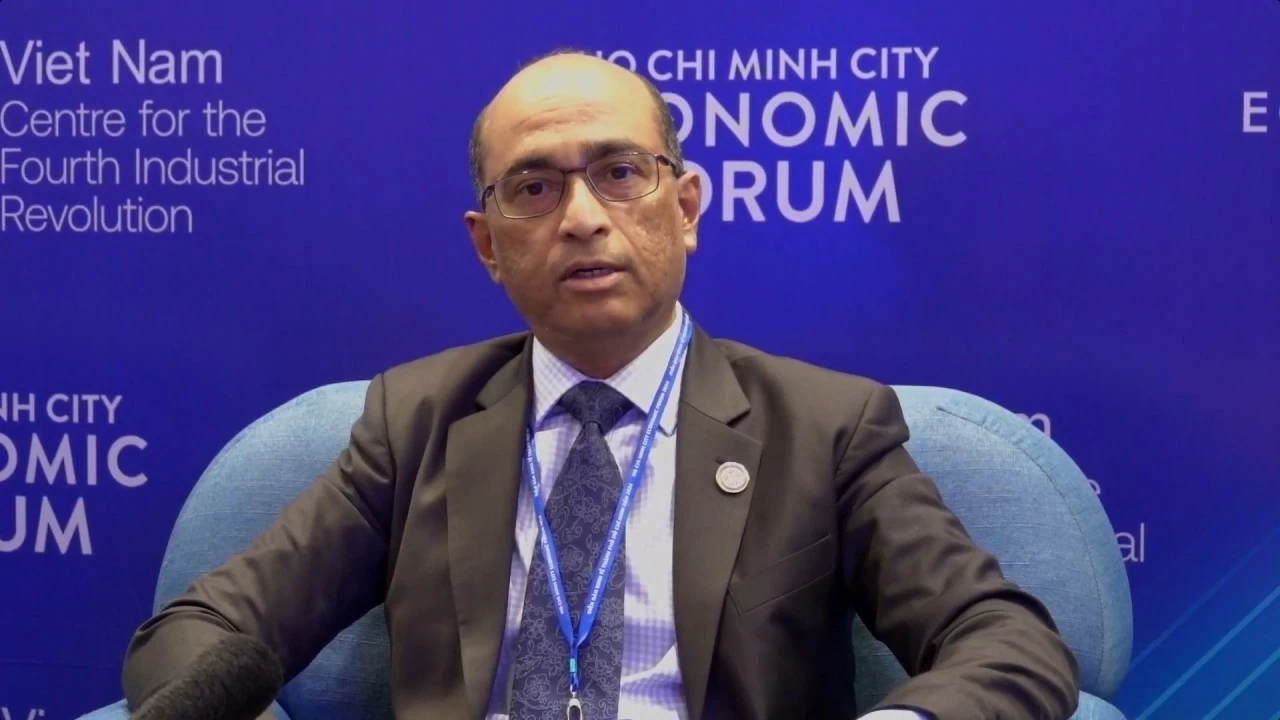 |
| Mr. Adrian Marcellus, CEO of the Center for the Fourth Industrial Revolution (C4IR) Malaysia, hopes that the C4IR Centers of the two countries can cooperate in many aspects. (Photo: Nguyen Binh) |
Mr. Adrian Marcellus, CEO of the Center for the Fourth Industrial Revolution (C4IR) Malaysia, emphasized that in the early stages of implementing the national transformation program, C4IR Malaysia focused on bringing benefits to the people, including implementing a program called “AI for IA”. Within four months, more than one million people had registered and completed the program.
The centre is now rolling out additional segments within the programme, with the second product being “Cyber Safe for the Rakyat”, which means “Cyber Safety for the People”. The centre aims to create awareness among the community on how they will live in this new digital world.
“The second area we are focusing on is accelerating the digital transformation agenda, expanding traditional industrial clusters within Malaysia, where the business ecosystem can benefit from the collaboration between government, industry, academia and society,” said Adrian Marcellus.
C4IR Malaysia is also interested in promoting the energy transition program to become greener and cleaner, creating new ecosystems in the country, while creating economic benefits in parallel with addressing climate change.
The next area that C4IR Malaysia is investing in is thought leadership with two key themes being the impact of generative artificial intelligence (AI) on society and the Gig economy. The Gig economy is fueled by the young generation’s preference for more than one job. Therefore, the Centre has produced several articles suggesting that the government adopt thought leadership to manage the Gig economy. This economic model allows people to work flexibly, but the downside is that it lacks a safety net for the freelance workforce.
Mr. Adrian Marcellus expects that the C4IR Centers of the two countries can cooperate in many aspects, including expanding the scope and benefits of industrial parks. If the two Centers work together, share experiences and respond to challenges, the two countries will achieve many economic benefits and improve employment for their people.
“I do not see this as competition, but as cooperation for mutual development. Once again, I look forward to the cooperation between the two countries and invite colleagues from the C4IR Center in Ho Chi Minh City to visit Malaysia,” affirmed the CEO of C4IR Malaysia.
"There is still much work to do"
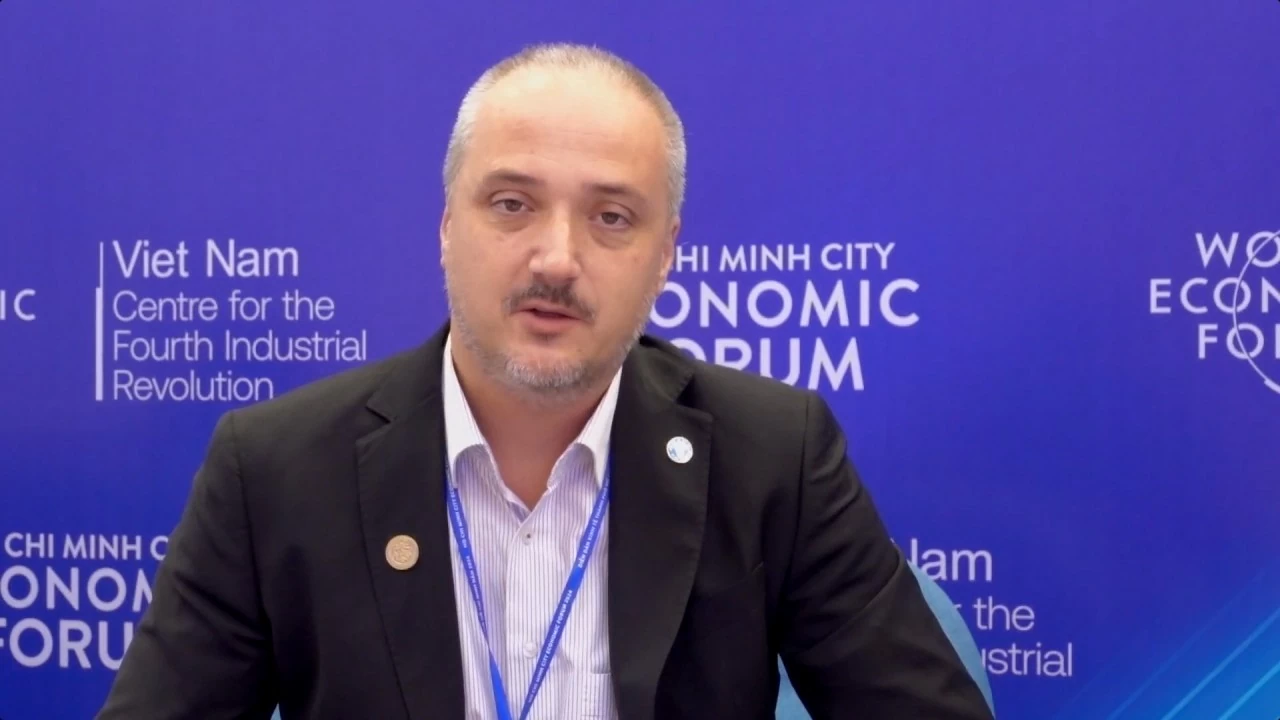 |
| Mr. Alessandro Flammini, Senior Advisor on Climate and Energy, Food and Agriculture Organization of the United Nations (FAO), said that Ho Chi Minh City will face challenges in ensuring food supply for the entire population. (Photo: Nguyen Binh) |
Meanwhile, Mr. Alessandro Flammini, Senior Advisor on Climate and Energy, Food and Agriculture Organization of the United Nations (FAO), assessed the potential for cooperation between FAO and private enterprises in Vietnam, especially in the fields of renewable energy and climate change response.
FAO is the UN’s leading agency for promoting sustainable food systems. Ho Chi Minh City will face major challenges in ensuring sustainable and nutritious food supply for its entire population. It is estimated that by 2030, Ho Chi Minh City will have a population of 18 million with a growth rate of about 2-3% per year.
FAO is therefore working to ensure the sustainability of the agri-food system, including the consumption of bioenergy for the production of fertilizers, pesticides and related machinery, and the consumption of fossil fuels during food processing, packaging and consumption. “There is still much to be done to improve the energy efficiency of these processes, as well as to increase the use of renewable energy to reduce dependence on fossil fuels and greenhouse gas emissions,” said Alessandro Flammini.
The food system can also produce energy through bioenergy, such as biogas, solid waste or liquid biofuels, which can be used as an alternative to fossil fuels. This is important for Ho Chi Minh City in particular and Vietnam in general. In addition, FAO is promoting the application of important technologies such as vertical farming and hydroponics, which are essential for large cities like Ho Chi Minh City. This technology has been put into practice in places like Seoul or Singapore and is becoming popular in the UK, the US, the Netherlands, Canada, and Japan.
Global Resources
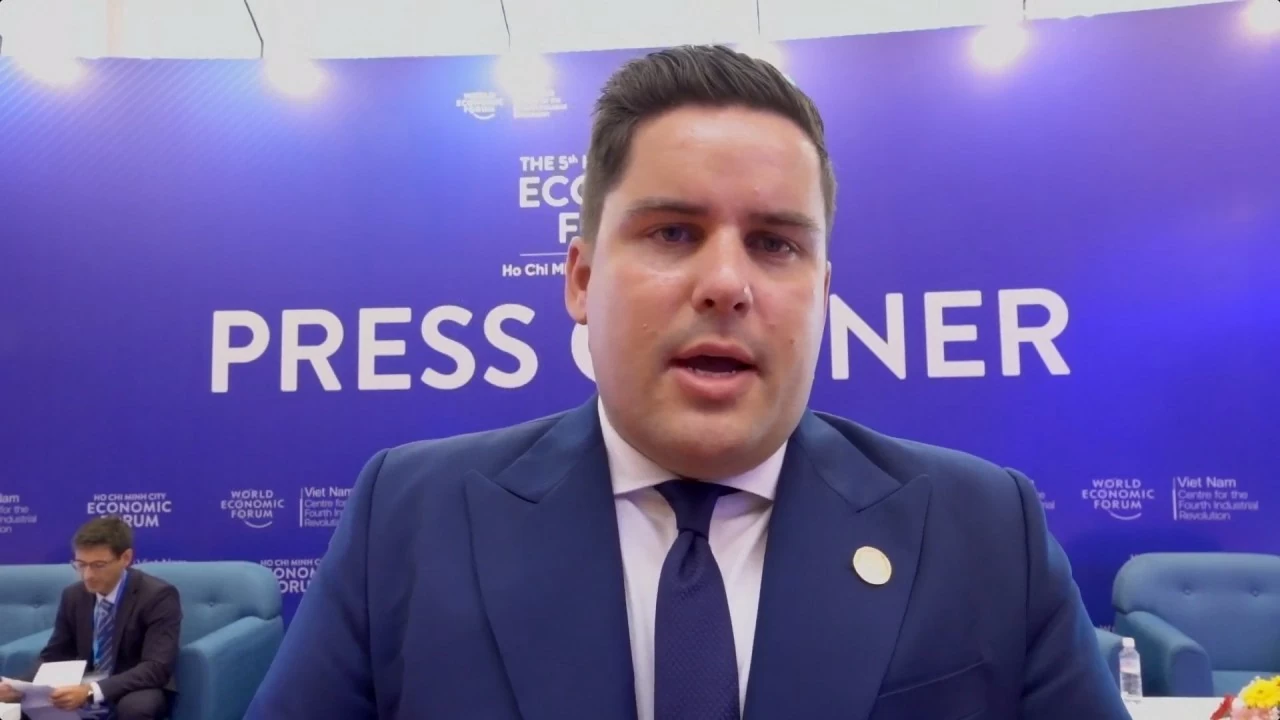 |
| Mr. Harry Huhges, Vice Chairman of Saigontel's Strategy Council, affirmed that he will seek to create conditions for multinational corporations with global thinking to set foot in Vietnam. (Photo: Nguyen Binh) |
Sharing about Saigontel's plan to help Ho Chi Minh City become an information technology innovation center, Mr. Harry Huhges, Vice Chairman of Saigontel's Strategy Council, said that the company is investing significantly in green industrial parks to attract global investment to Vietnam, especially in the high-tech sector.
“We are looking to create conditions for multinational corporations with a global mindset to set foot in Vietnam, with an ESG-compliant environment, human resources and factories. We are considering developing industrial parks in areas such as Long An, which is very close to Ho Chi Minh City,” Mr. Harry Huhges emphasized. Saigontel hopes that this will gradually strengthen the capacity of Ho Chi Minh City and the surrounding urban area as a center for advanced technology manufacturing.
According to the Vice Chairman of Saigontel’s Strategy Council, the implementation phase of the central government’s carbon neutrality and emission reduction strategy is very important. Vietnam needs to make significant strides in addressing this issue from an industrial perspective to ensure compliance with national and international agreements.
Assessing the prospects for cooperation between SaigonTel and other localities and Ho Chi Minh City, Mr. Harry Hughes affirmed that he values cooperation with the central and provincial governments. SaigonTel is the largest industrial developer in the country and contributes 38% of the total foreign direct investment in Vietnam. “Through close cooperation with the government, we can create a foundation and favorable conditions to attract foreign investment in Vietnam,” said a representative of Saigontel.
Source: https://baoquocte.vn/vi-mot-tp-hcm-cong-nghiep-hoa-hien-dai-hoa-288477.html



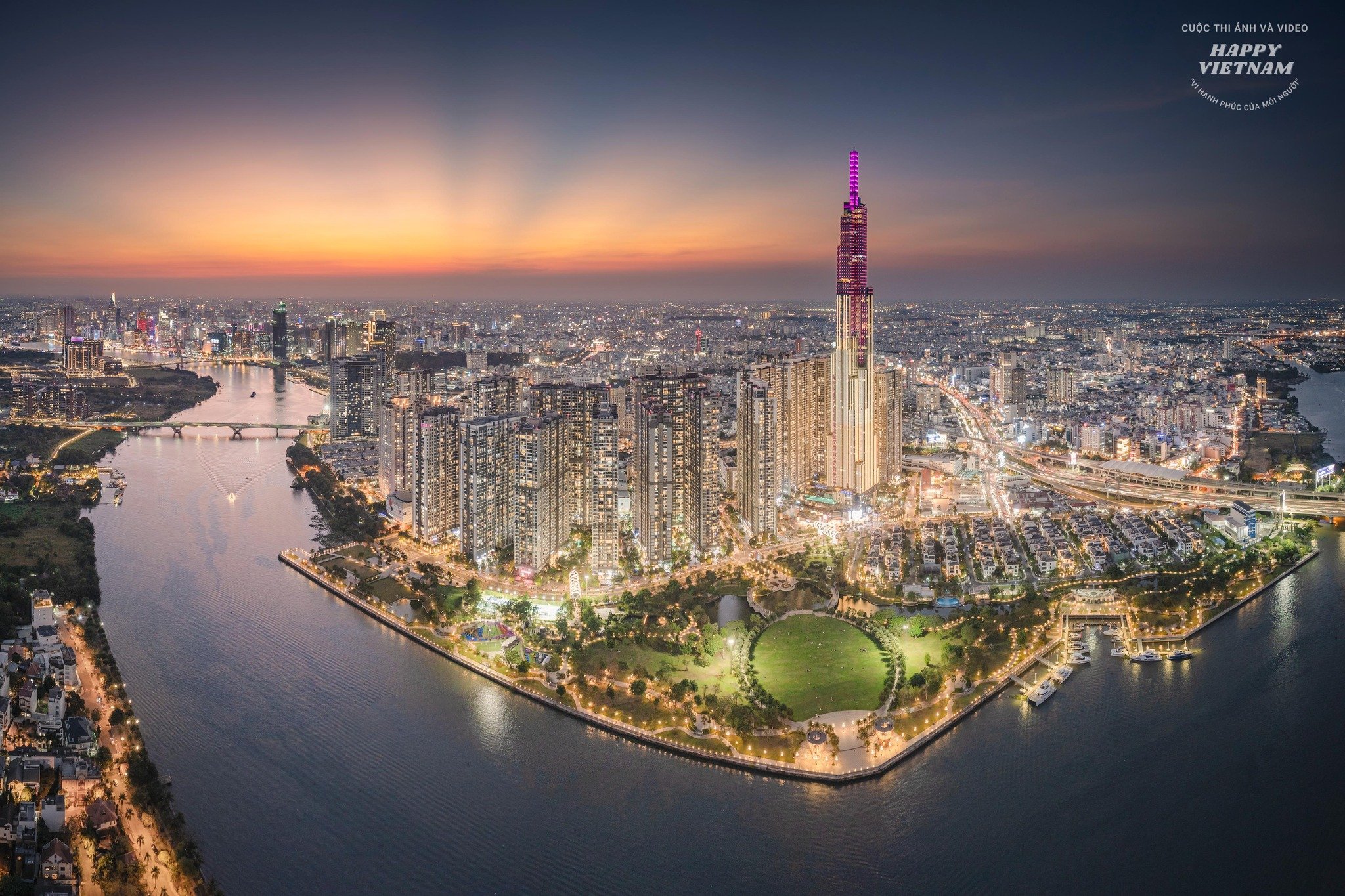








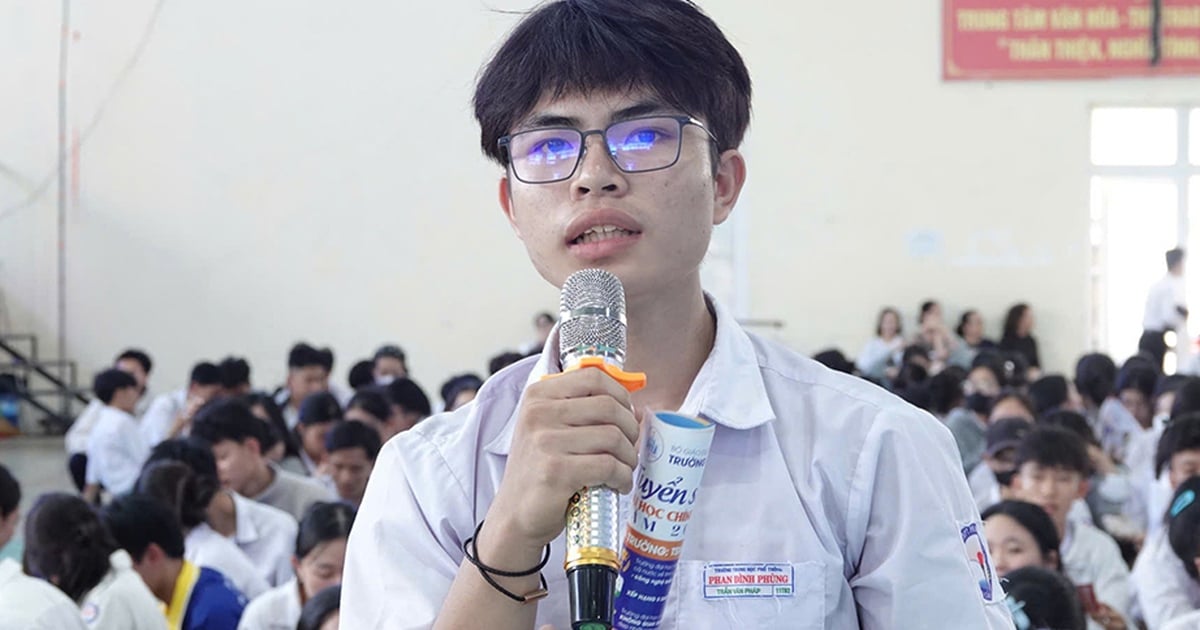

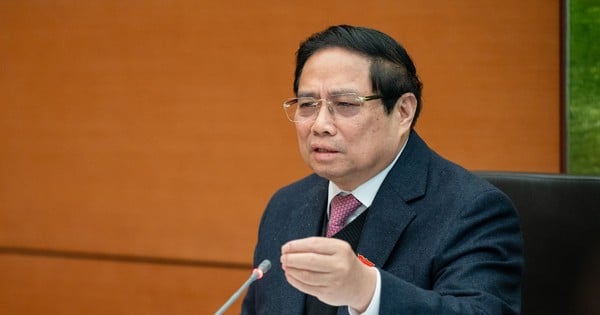

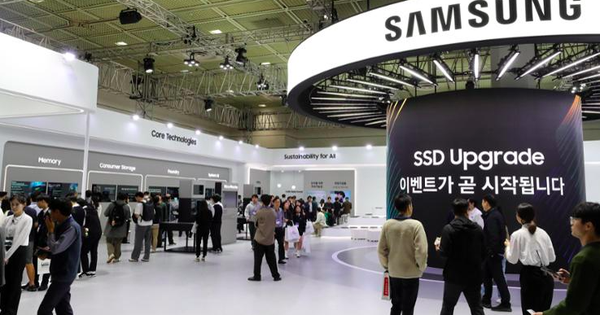


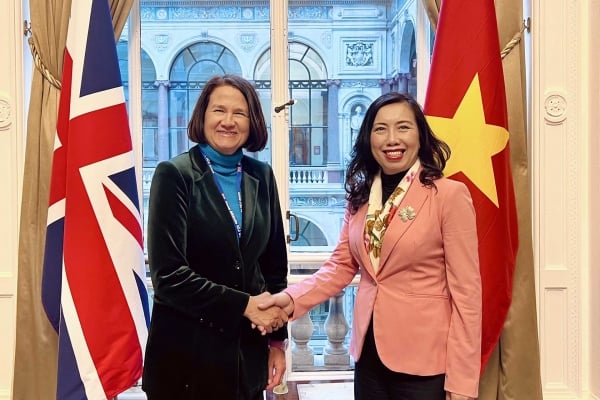
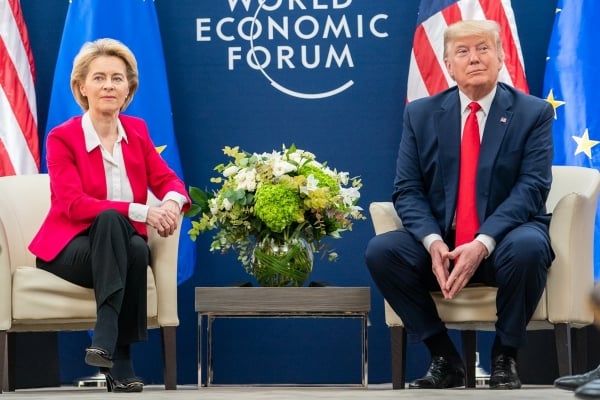

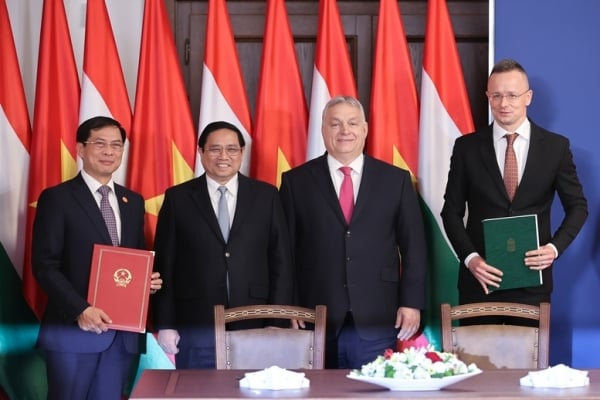
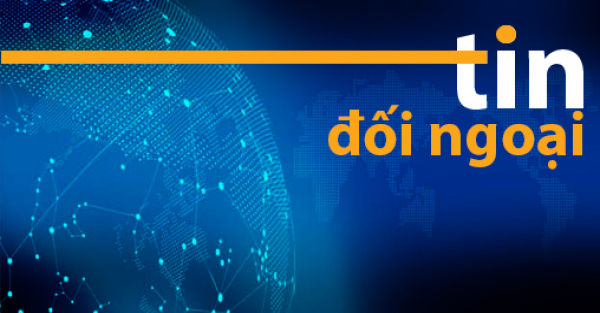



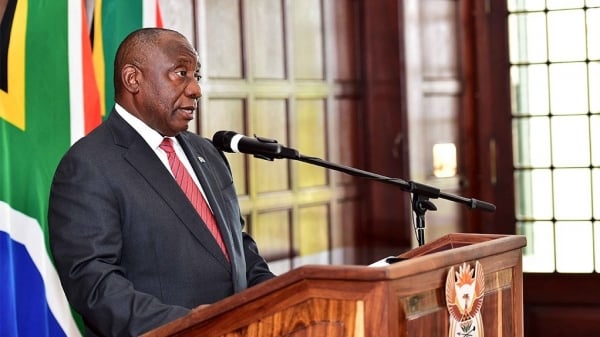


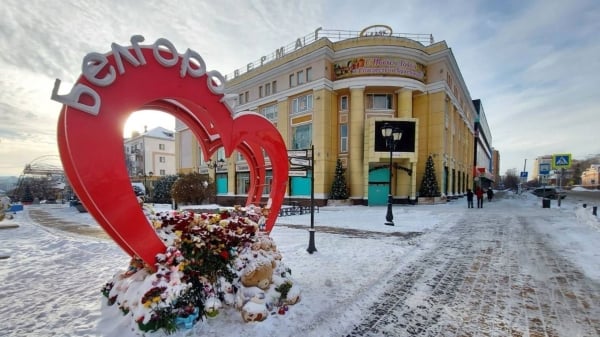

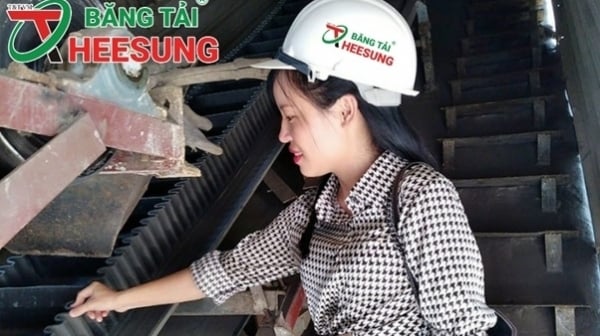




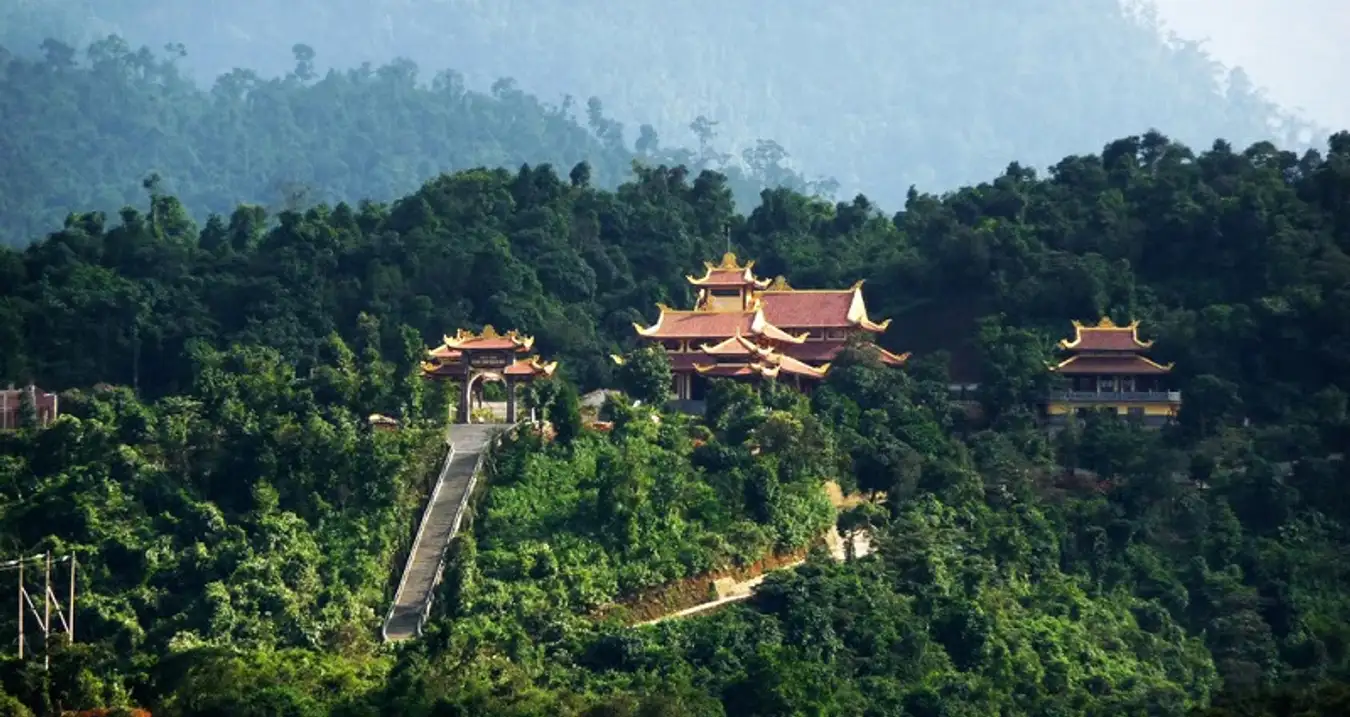

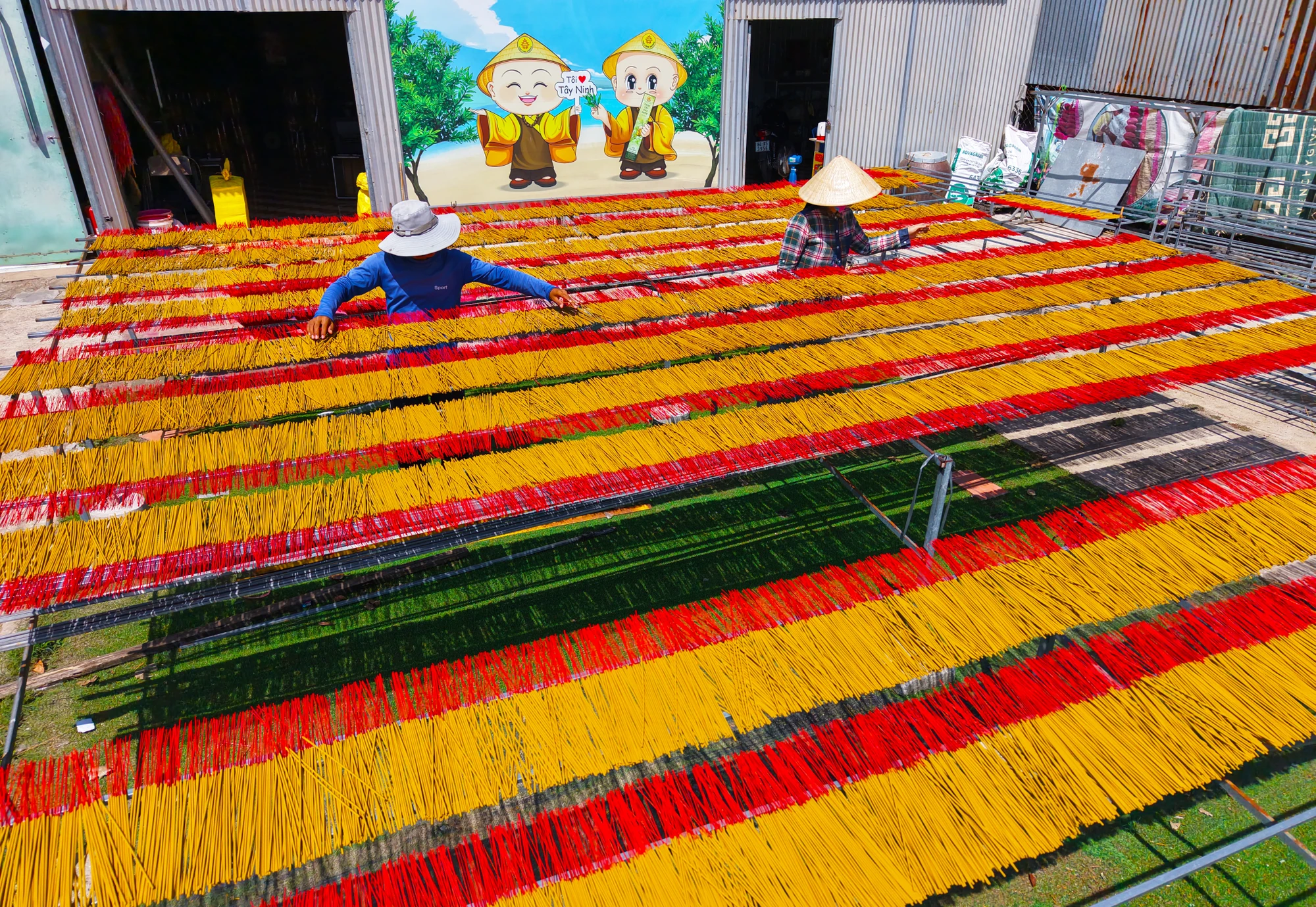


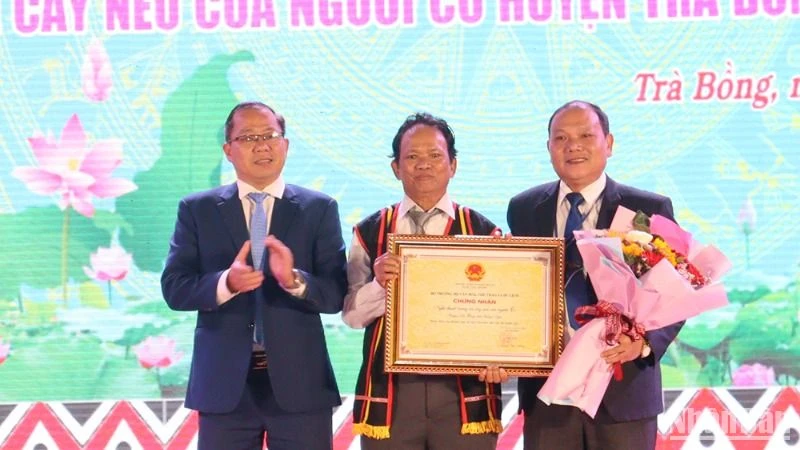

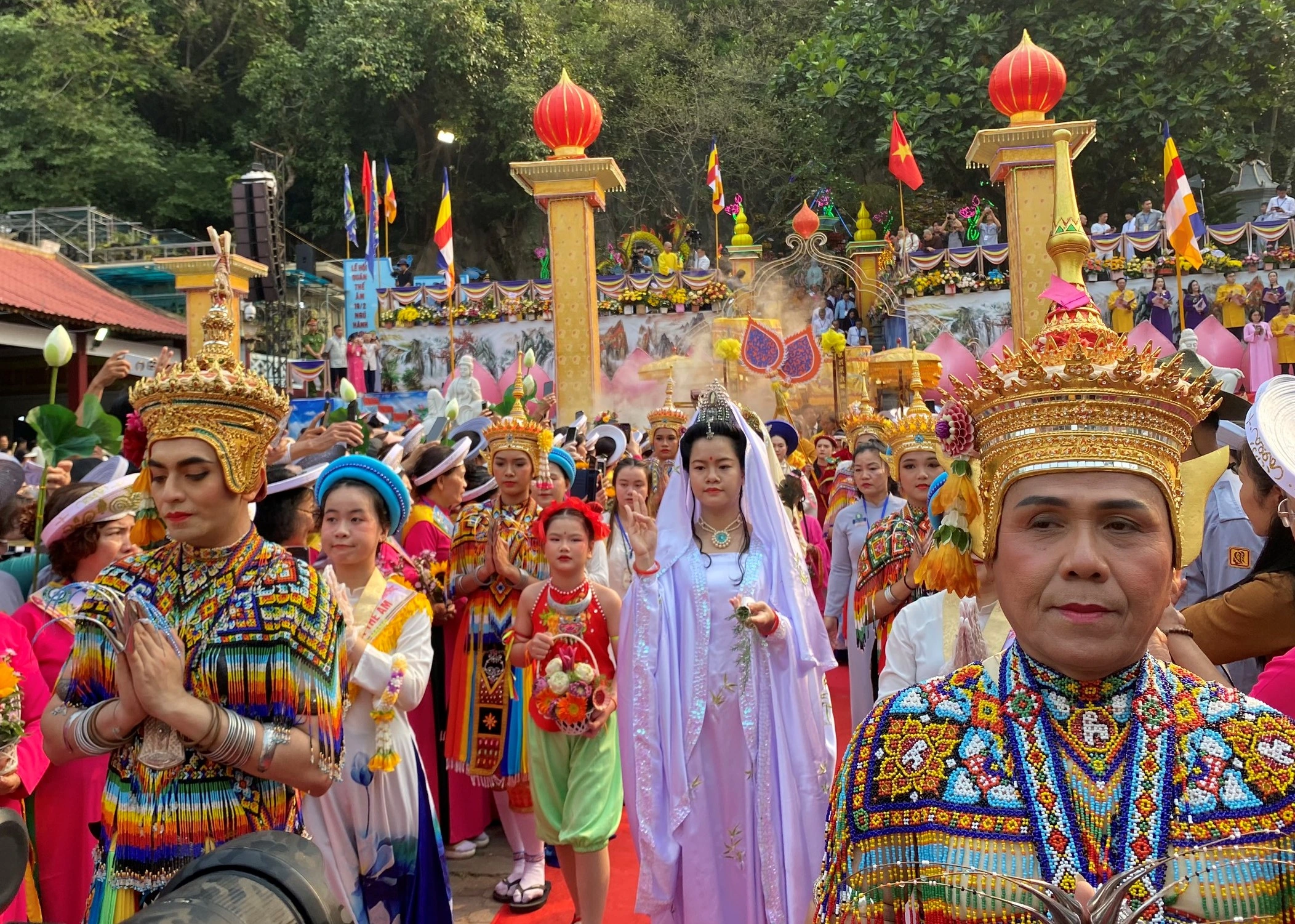


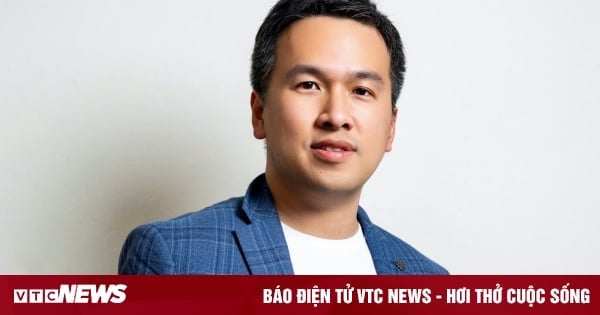

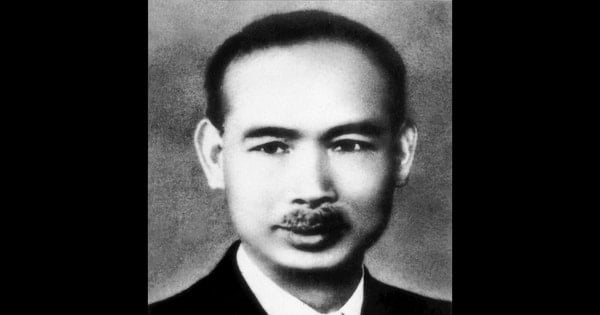


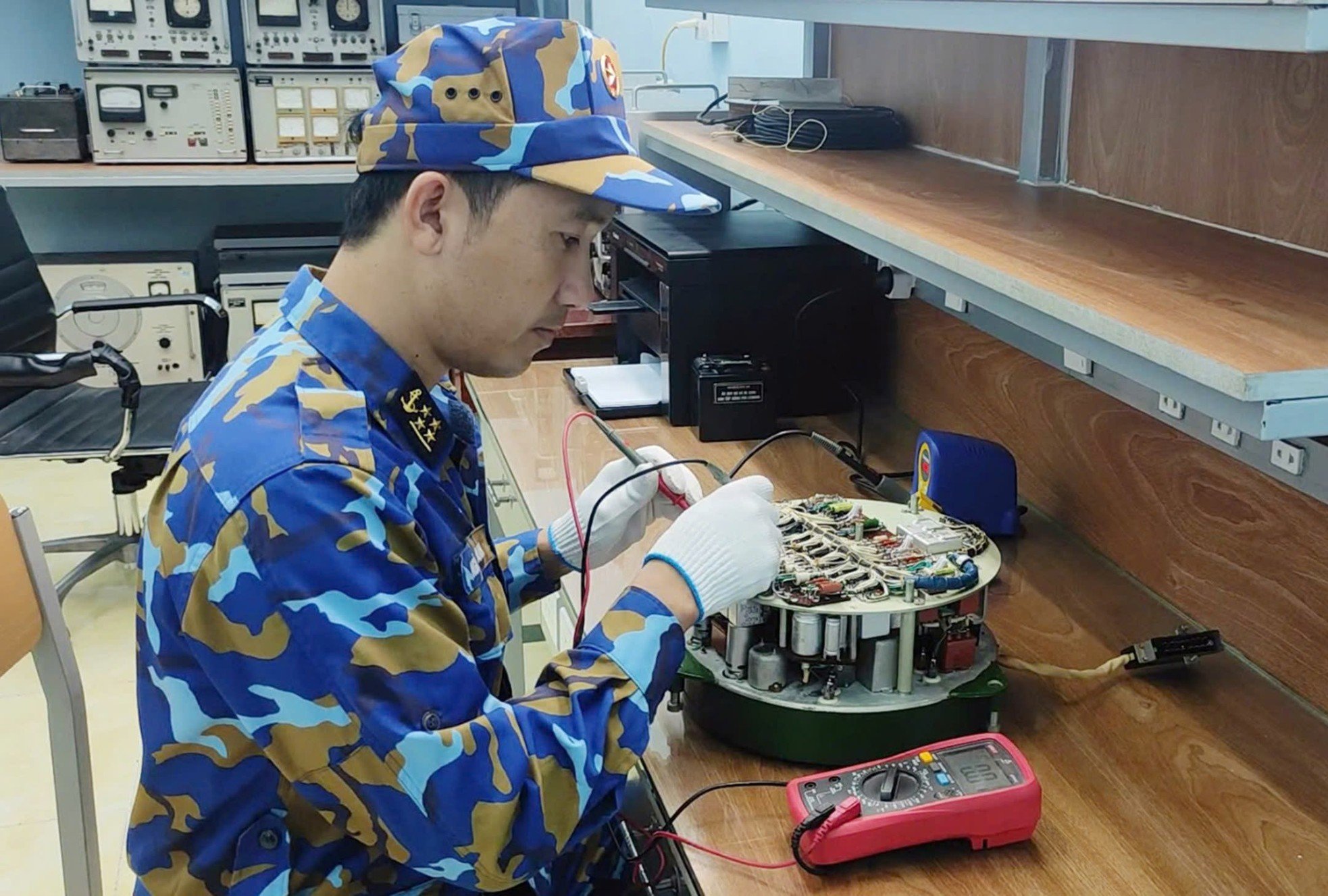
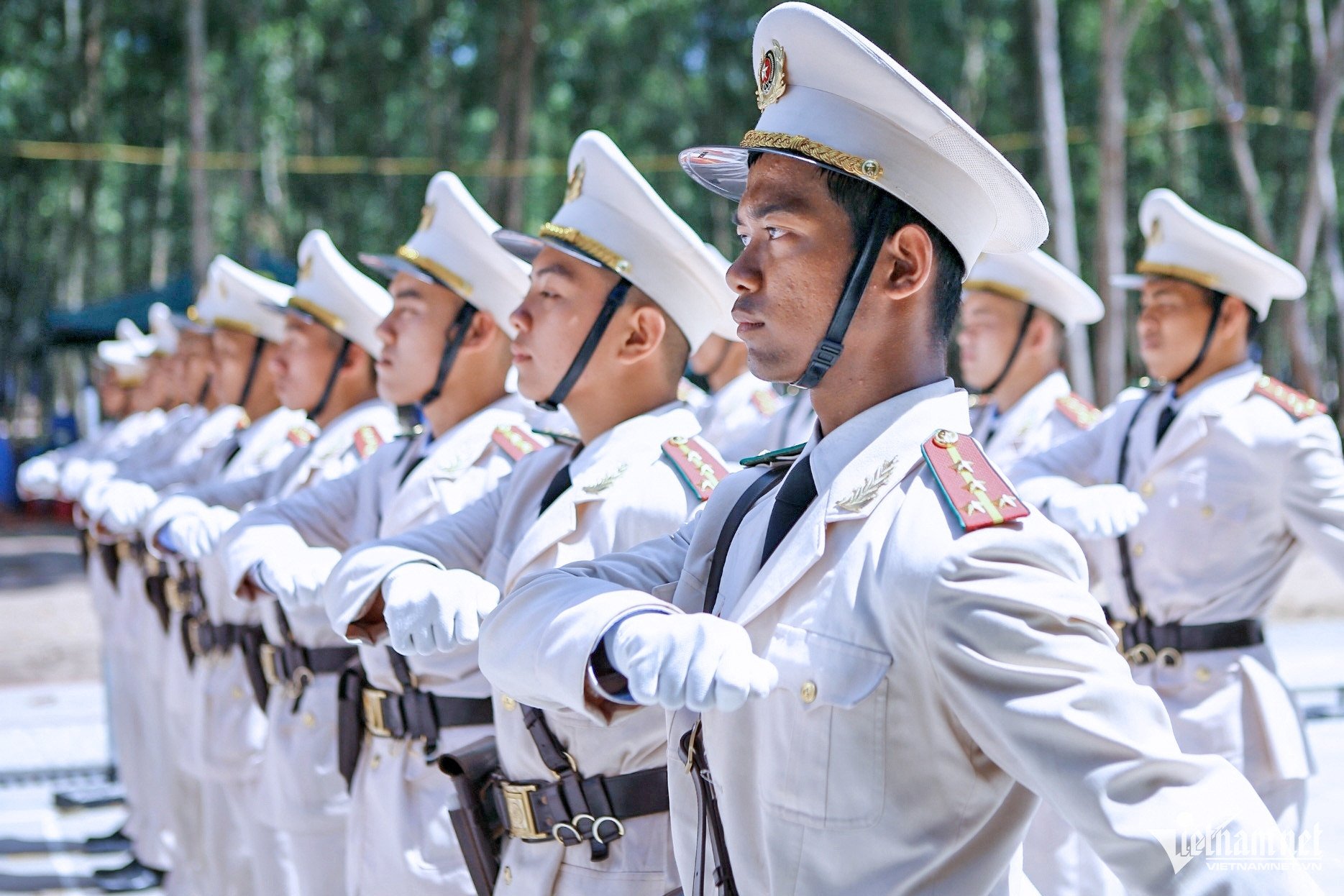











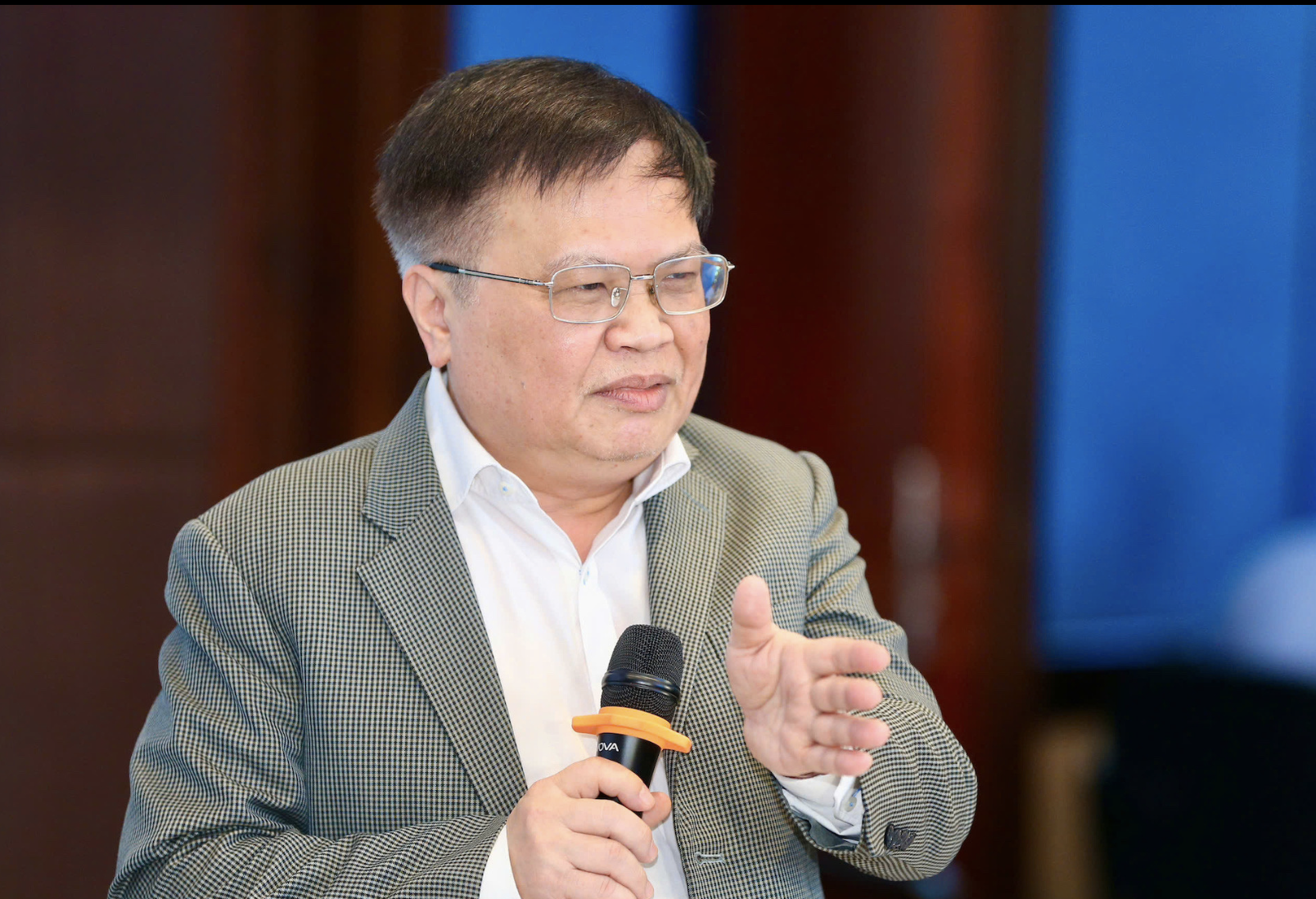
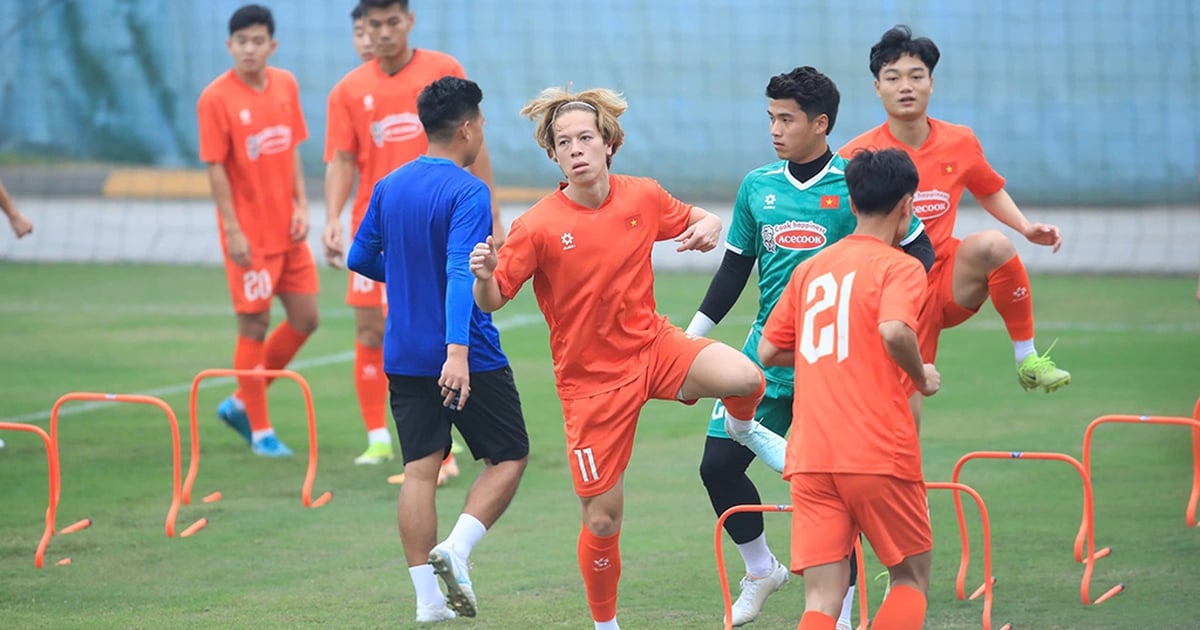
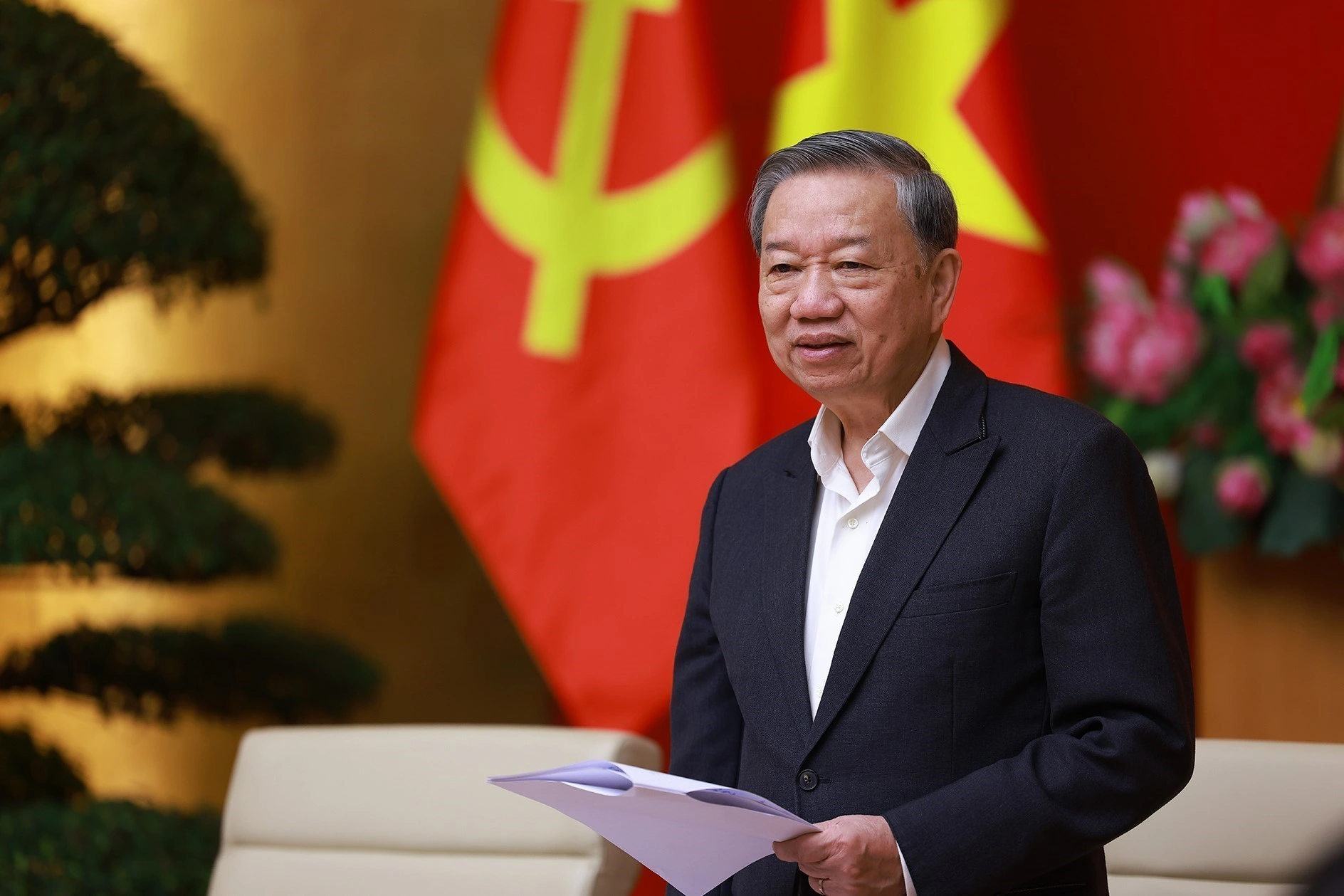
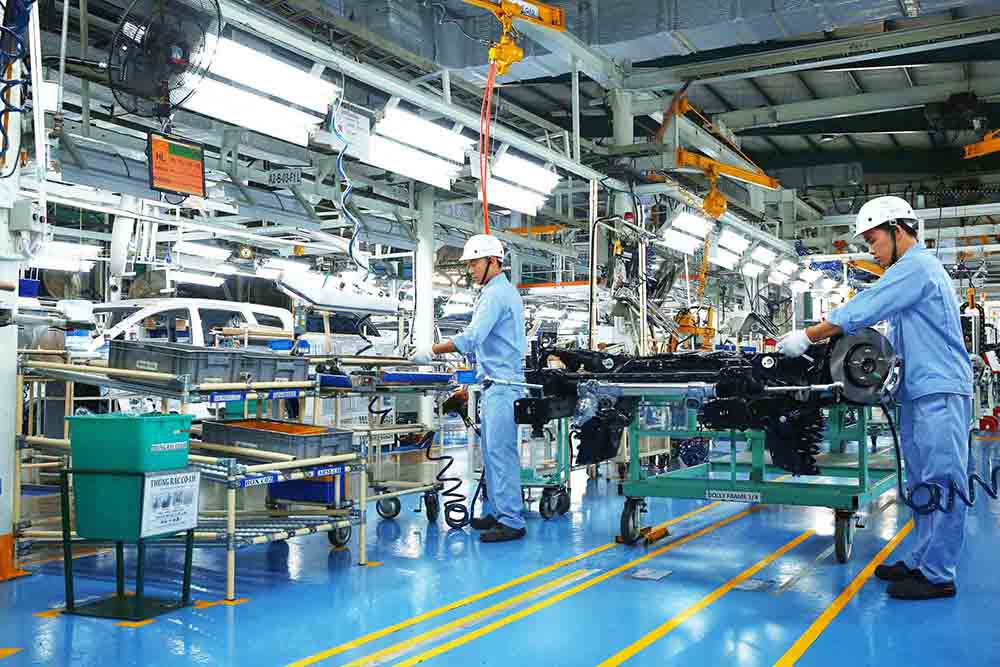

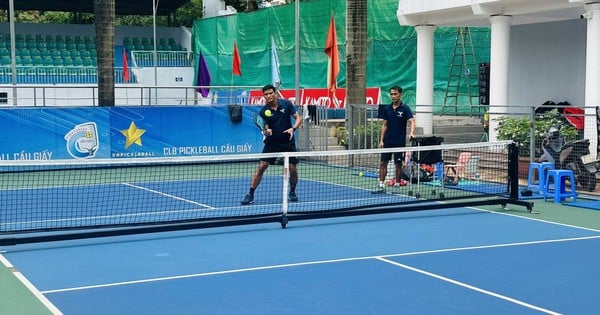

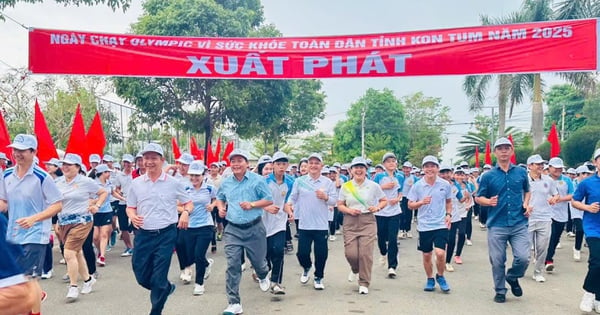
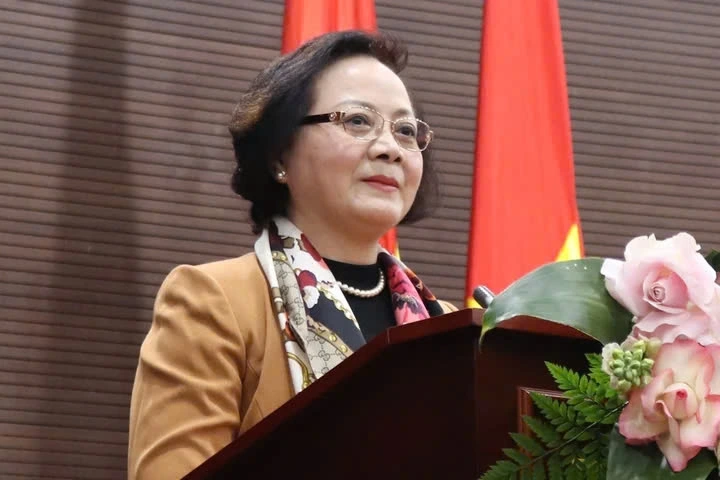

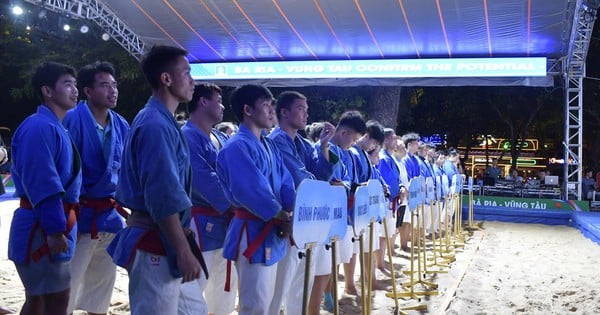
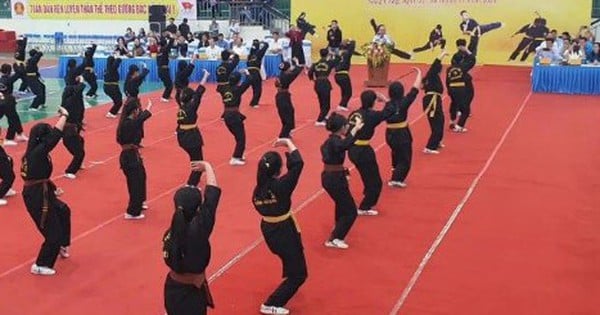






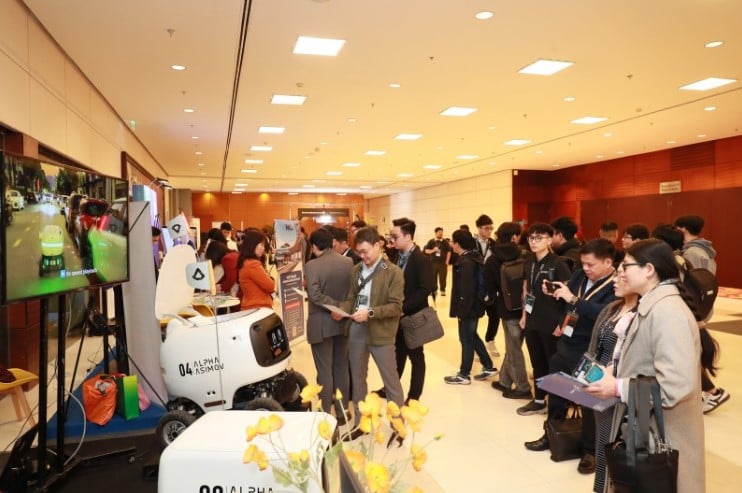
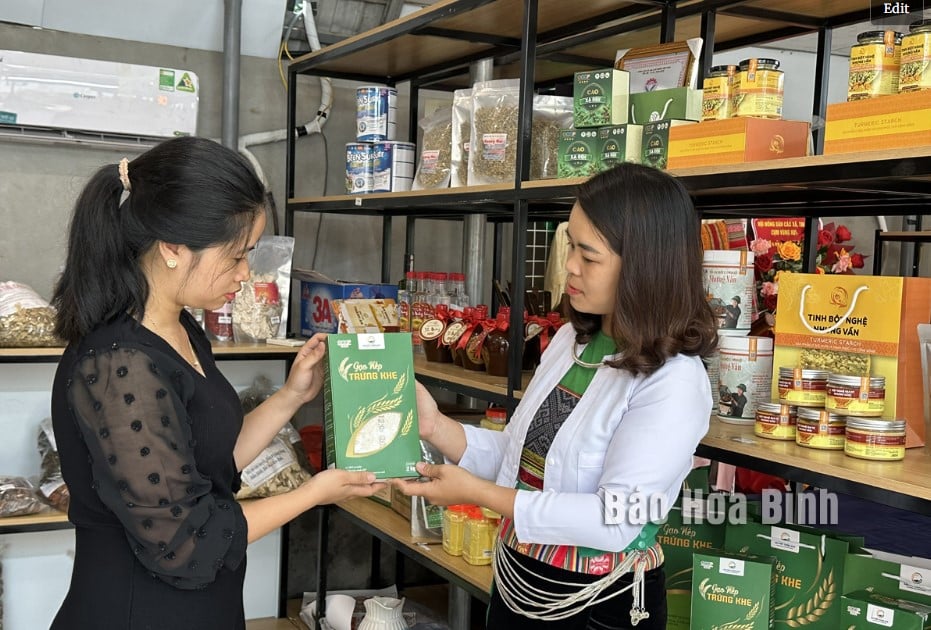

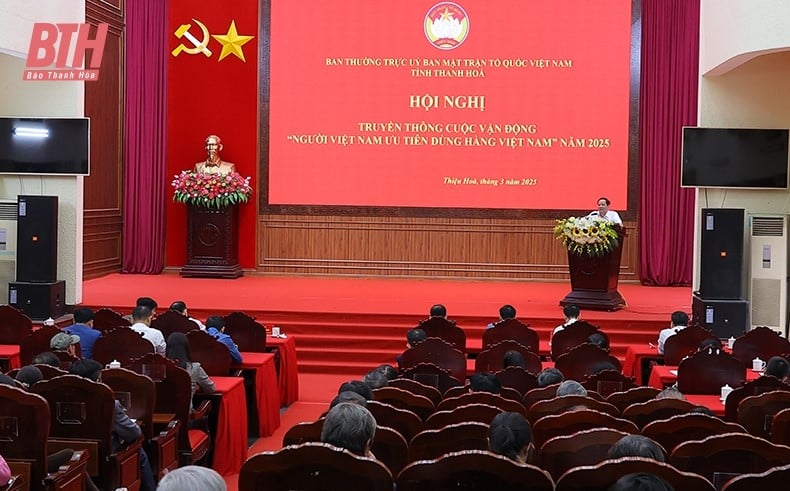

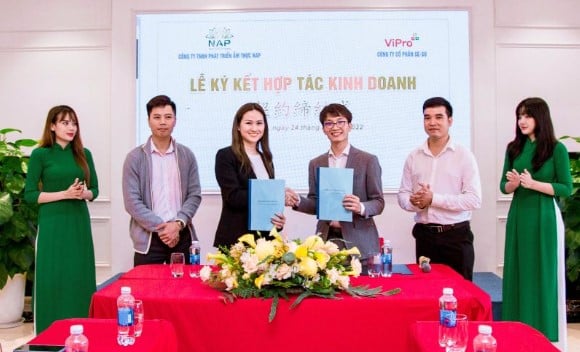
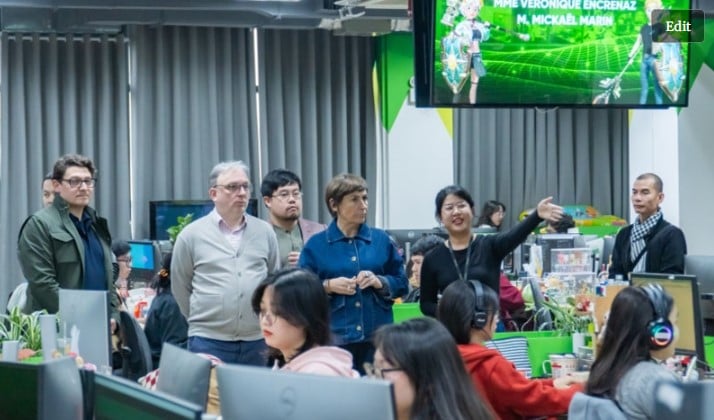


Comment (0)